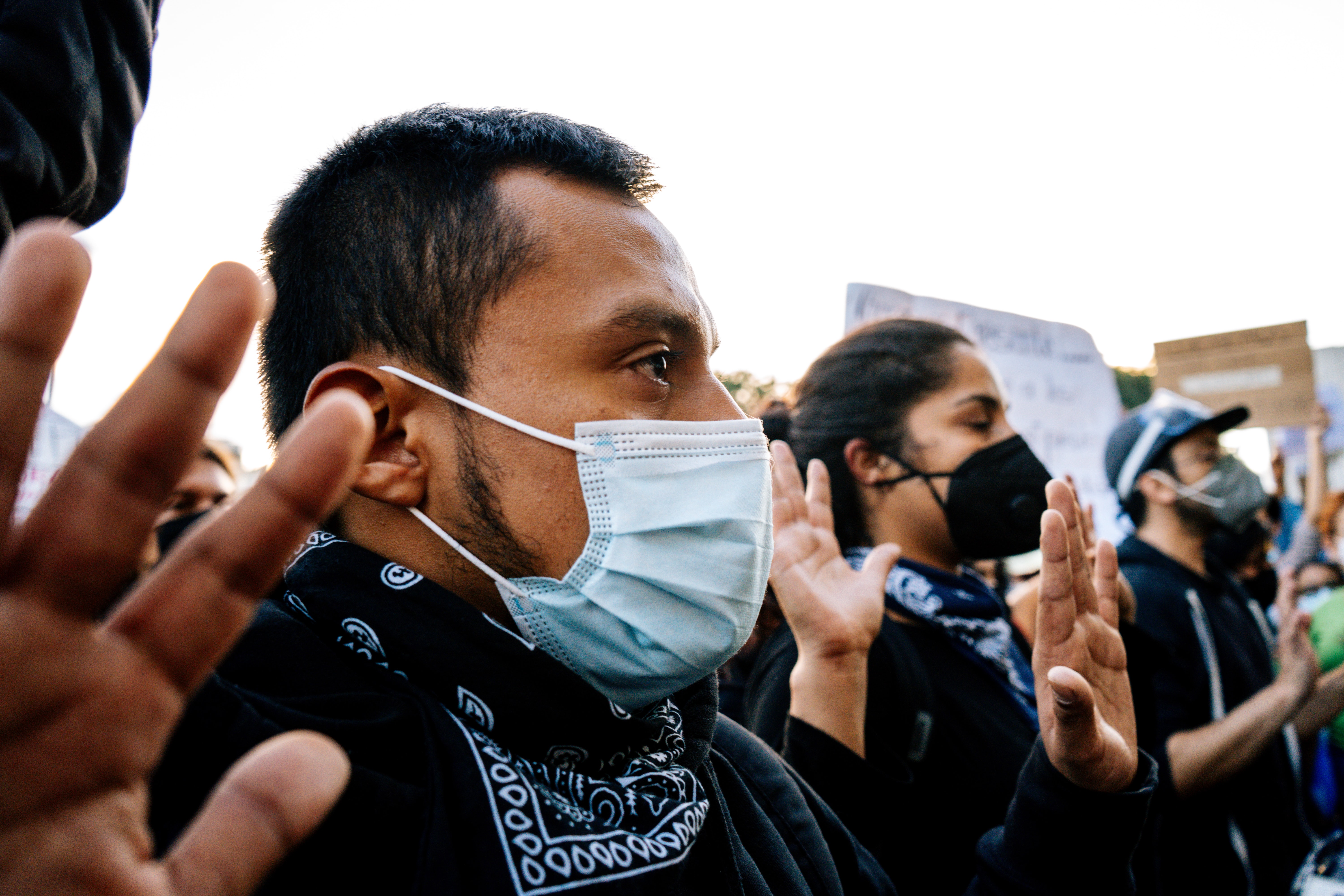The relationship between the state and civil society can vary depending on the political and social context of a country. However, in general, civil society refers to the community of citizens and non-governmental organizations (NGOs) who are independent of the state and engage in various activities such as advocacy, activism, and social services.
The state, on the other hand, is a political organization that exercises sovereignty over a defined territory and population. It has the power to regulate and govern society through laws, policies, and institutions.
In democratic societies, civil society plays an important role in promoting civic engagement, accountability, and democratic participation. Civil society organizations may advocate for policies and programs that serve the interests of their members or the wider community, and may also provide social services that complement or supplement those provided by the state.
The state, in turn, is responsible for providing public goods and services, protecting the rights and welfare of citizens, and ensuring the rule of law. The state also has the power to regulate civil society organizations and their activities, which can sometimes lead to tensions and conflicts.






No comments
Post a Comment